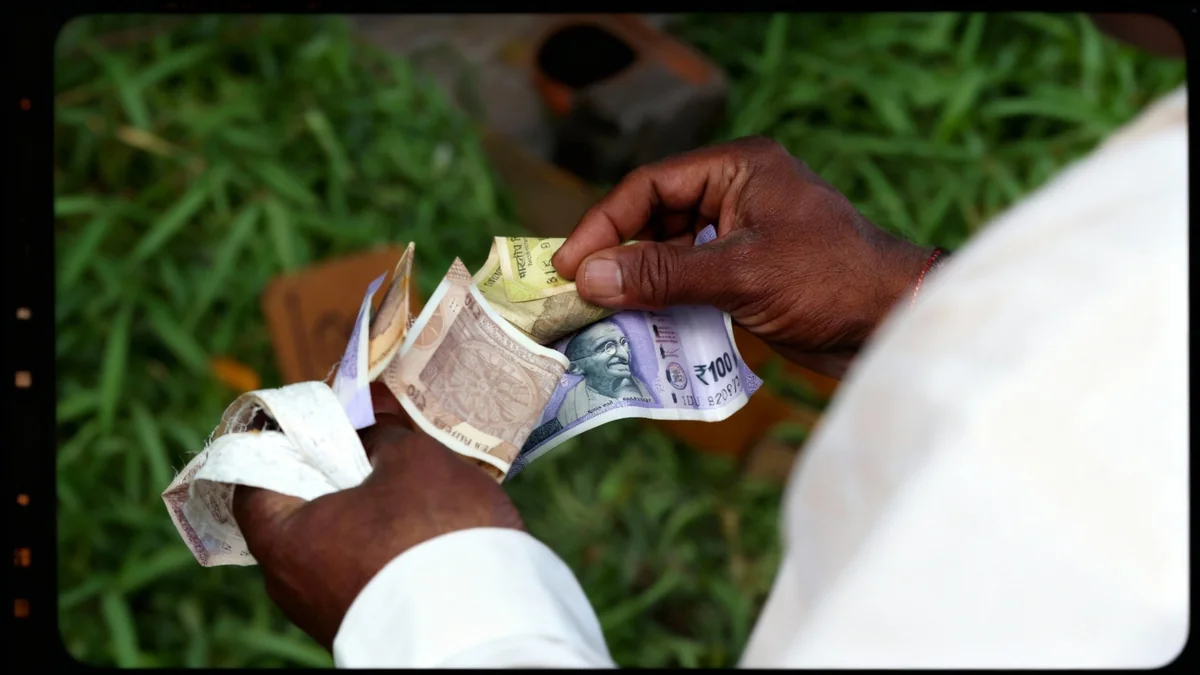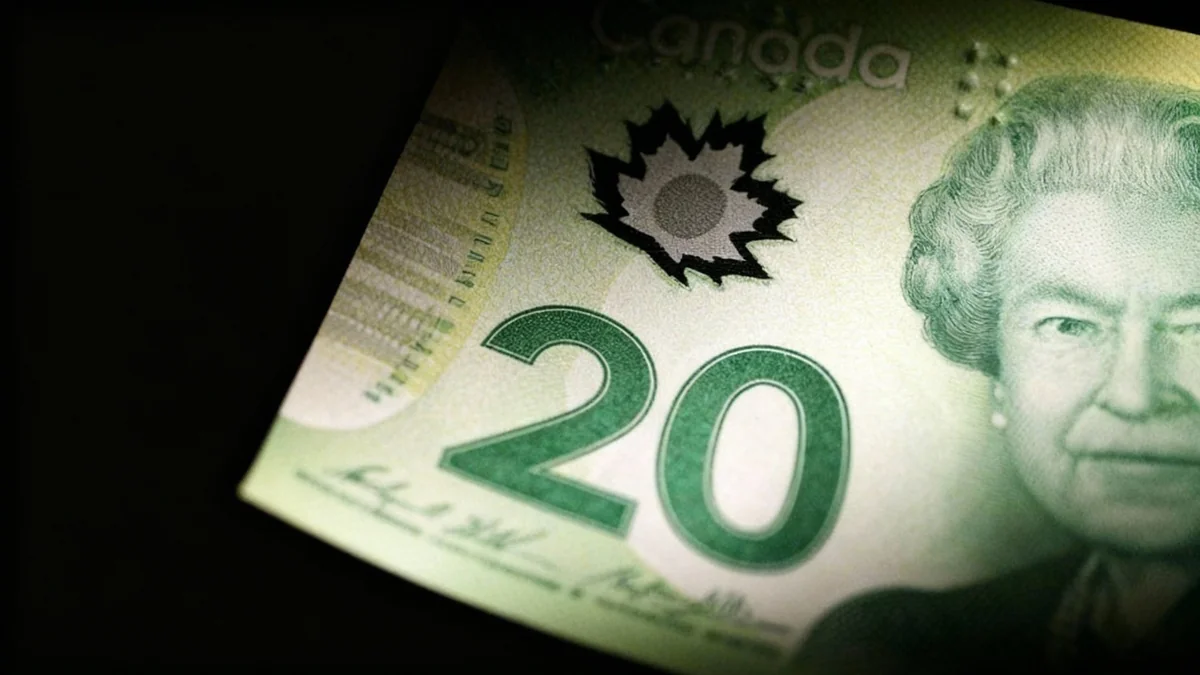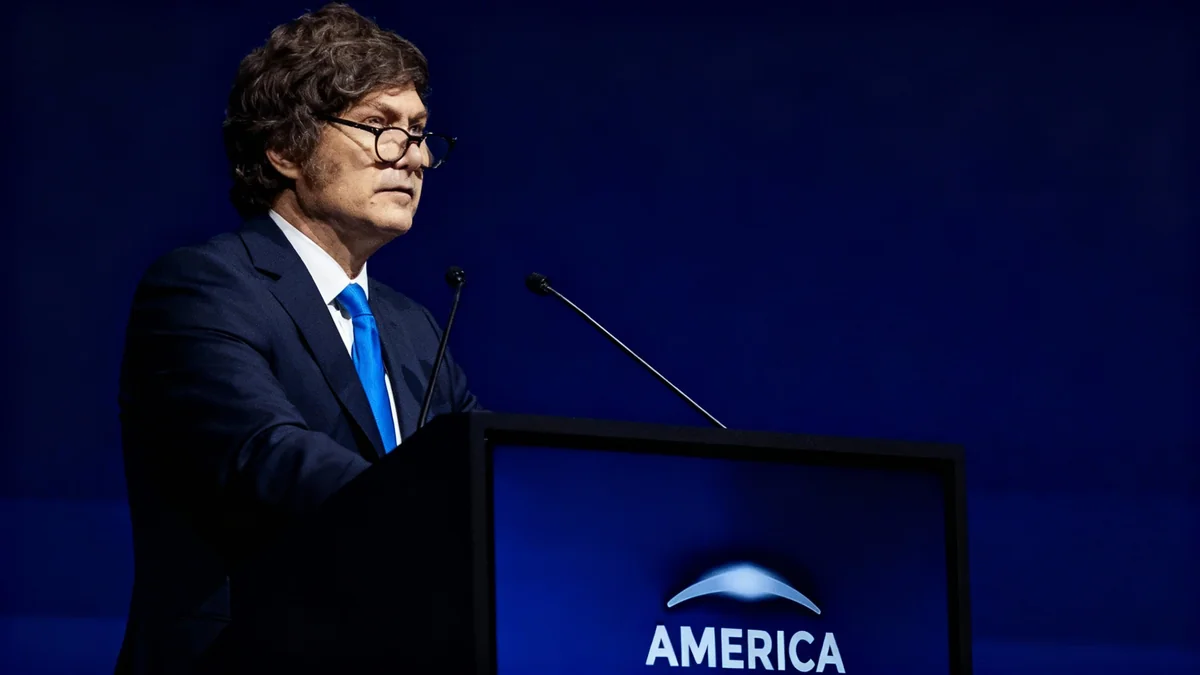The Iraqi government has announced a comprehensive $450 billion investment plan aimed at attracting significant foreign capital and diversifying its economy. The initiative targets critical sectors including housing, education, industry, and digital transformation, signaling a major push to modernize the nation's infrastructure and reduce its long-standing dependence on oil revenue.
Key Takeaways
- Iraq has introduced $450 billion in new investment opportunities for foreign and private sector partners.
- The plan focuses on non-oil sectors such as housing, education, industry, agriculture, and digital services.
- The initiative is supported by a series of economic reforms, including updated company laws and a restructured banking sector.
- Officials report that over $102 billion in projects are already underway, creating more than 950,000 jobs.
A New Economic Blueprint for Iraq
In a move designed to reshape its economic future, Baghdad has officially presented a detailed framework of investment opportunities valued at $450 billion. Government officials stated that this ambitious plan is the cornerstone of a national strategy to foster private sector growth and attract international investors.
The primary goal is to steer the economy away from its heavy reliance on the hydrocarbon sector. By channeling funds into a variety of industries, Iraq aims to build a more resilient and sustainable economic model that can create stable, long-term employment for its citizens.
Background: Economic Diversification
For decades, Iraq's economy has been dominated by oil exports, which have historically accounted for the vast majority of government revenue and GDP. This dependency has left the country vulnerable to fluctuations in global energy prices. The new investment plan represents a concerted effort to change this dynamic by developing other viable economic sectors.
Target Sectors for National Development
The investment opportunities are strategically spread across several key areas identified as crucial for Iraq's development. This multi-sector approach is intended to address pressing domestic needs while creating a broad base for economic expansion.
The priority sectors highlighted by the government include:
- Housing: Addressing a significant national housing shortage by developing new residential communities and urban infrastructure.
- Education: Modernizing educational facilities and integrating new technologies to improve learning outcomes and workforce skills.
- Digital Transformation: Expanding digital infrastructure and e-government services to enhance efficiency and public access.
- Industry and Agriculture: Revitalizing the industrial base and boosting agricultural productivity to enhance food security and reduce reliance on imports.
- Environmental Projects: Investing in sustainable initiatives to address environmental challenges and promote green energy.
Reforms to Build Investor Confidence
To support this massive influx of capital, the Iraqi government has implemented a series of foundational reforms. These changes are designed to create a more transparent, stable, and attractive environment for foreign companies and private investors.
Officials emphasized that recent legislative and administrative changes are critical to the plan's success. These include modifications to company laws to simplify business registration and operations, as well as new programs to support small and medium-sized enterprises (SMEs), which are seen as vital for job creation.
According to government reports, Iraq's credit rating has seen improvement recently, reflecting growing confidence in the country's economic management and reform agenda.
Modernizing the Financial System
A central component of the reform package is the comprehensive restructuring of the banking sector. The government has worked to align Iraq's banking regulations with international standards, a move intended to facilitate smoother cross-border transactions and build trust with global financial institutions.
Key financial reforms include:
- Expansion of Electronic Payments: A nationwide push to increase the adoption of digital and electronic payment systems to improve financial transparency and efficiency.
- Enhanced Financial Oversight: Strengthening regulatory bodies to tighten supervision of financial institutions and combat illicit activities.
- Alignment with Global Norms: Adopting international best practices in banking and finance to make Iraq a more predictable and secure market for investors.
Building on Existing Momentum
The new $450 billion plan does not start from a standstill. The National Investment Commission provided data indicating that significant progress is already being made on the ground. According to the commission, projects currently in various stages of implementation exceed $102 billion in total value.
These ongoing initiatives have already had a substantial impact on the labor market. Officials reported that these projects employ more than 950,000 people, underscoring the potential for large-scale investment to directly address unemployment and stimulate local economies.
"This momentum demonstrates a tangible commitment to accelerating economic diversification and showcases Iraq's potential as a promising destination for international investment," a government statement noted.
The successful implementation of these existing projects serves as a proof of concept for potential new investors, demonstrating that large-scale development is achievable within the country's current framework. The government hopes this track record will encourage foreign partners to participate in the new, larger wave of investment opportunities now available.





